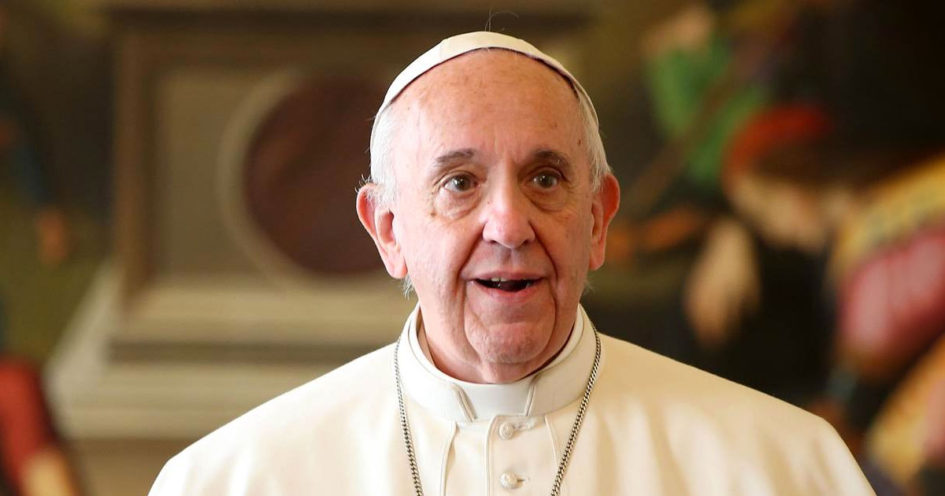In a letter sent on October 30 from the Vatican’s Secretariat of State to papal representatives (nuncios) around the world, the Vatican said that two comments made by Pope Francis in the film “Francesco” by Russian-born director Evgeny Afineevsky were taken out of context.
The Vatican’s letter was first published on the Facebook page of the Vatican nuncio to Mexico, Archbishop Franco Coppola, on Sunday:
TO UNDERSTAND SOME EXPRESSIONS OF THE POPE IN THE DOCUMENTARY ′′ FRANCISCO ′′Some claims, contained in the documentary ′′ Francisco ′′ by screenwriter Evgeny Afinevsky, have sparked various reactions and interpretations in past days. Therefore some useful elements are offered, with the desire to favor an appropriate understanding of the words of the Holy FatherMore than a year ago, during an interview, Pope Francis answered two different questions at two different times that, in the aforementioned documentary, were edited and published as a single answer without proper contextualization, which has led to confusion. The Holy Father had first made a pastoral reference about the need for a son or daughter with homosexual guidance to never be discriminated against within the family. They refer to the words: ′′Gay people have the right to be in family; they are children of God, they are entitled to a family You can’t kick anyone out of family or make life impossible for that reason “.The following paragraph of the Post-Synodal Apostolic Exhortation on Love in the Amoris Laetitia family (2016) can illuminate such expressions: ′′ With sinodal parents, I have taken into consideration the situation of families living the experience of having in their sinus to people with gay tendencies, an experience nothing easy for parents or their children. Therefore, we wish first and foremost to reiterate that everyone, regardless of their sexual tendency, should be respected in their dignity and received with respect, seeking to avoid ′′ any sign of unjust discrimination “, and particularly any form of aggression and violence. As far as families are concerned, it is for their part to ensure respectful accompaniment, so that those who manifest a gay trend can count on the help they need to fully understand and realize the will of God in their life (#250). A successive question from the interview was instead inherent in a local law ten years ago in Argentina about ′′ equal same-sex couples marriages ′′ and to the opposition of the then Archbishop of Buenos Aires about it. Pope Francis has affirmed that ′′it is incongruous to talk about gay marriage,” adding that, in that same context, he had discussed the right of these people to have some legal coverage: ′′What we need to do is a law civil coexistence; they have the right to be legally covered. I defended that.”
The Holy Father had expressed himself like this during a 2014 interview: ′′Marriage is between a man and a woman Secular States want to justify civil unions to regulate various situations of coexistence, driven by the demand to regulate economic aspects among people, such as ensuring healthcare. These are coexistence covenants of different nature, of which I would not know how to give a cast of different forms. It is necessary to see the various cases and evaluate them in their variety.”
Therefore it is clear that Pope Francis has referred to certain state provisions, not certainly the doctrine of the Church, many times reaffirmed over the years.
While Francis was known to have taken that position privately, he had never articulated his support as pope. As a result, the comments made headlines, primarily because the Vatican’s doctrine office in 2003 issued a document prohibiting such endorsement. The document, signed by Pope Benedict XVI, says the church’s support for gay people “cannot lead in any way to approval of homosexual behavior or to legal recognition of homosexual unions.”
“The Church teaches that respect for homosexual persons cannot lead in any way to approval of homosexual behavior or to legal recognition of homosexual unions. The common good requires that laws recognize, promote and protect marriage as the basis of the family, the primary unit of society,” the document said.
 The Libertarian Catholic
The Libertarian Catholic
















